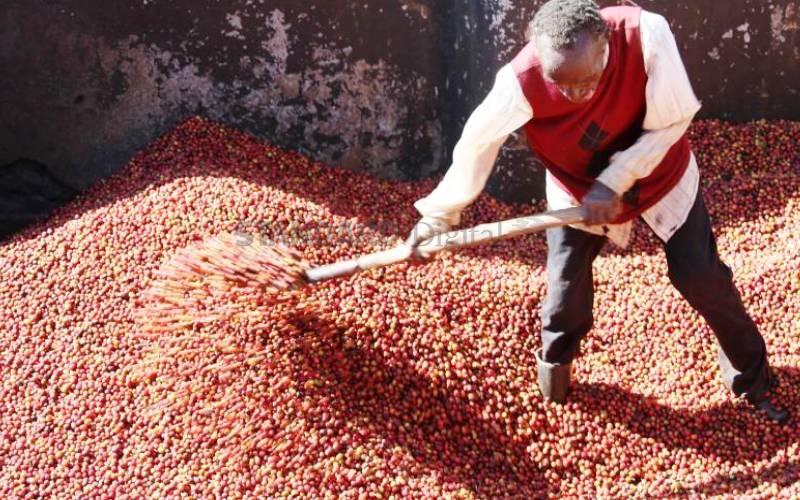×
The Standard e-Paper
Home To Bold Columnists

The amount that each farmer can access will depend on the amount of the coffee that they can produce.
President Uhuru Kenyatta has spelt out a raft of measures aimed at putting money in people’s pockets and jump-starting an economy that has largely been in limbo.